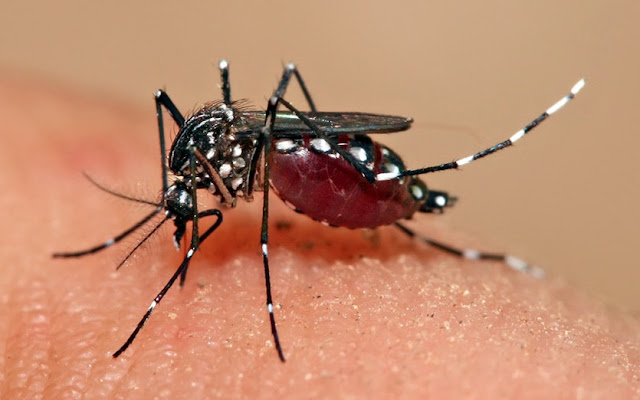Study says anaemia may contribute to the spread of dengue

As mosquitoes mostly spread dengue virus while feeding on iron deficit blood, researchers suggest consuming iron-rich food if dealing with iron deficiency, anaemia or dengue fever. Dengue is most commonly acquired in urban environments, and the expansion of cities in the tropics has been accompanied by an expansion in dengue infections. UConn Health immunologist Penghua Wang wanted to see if blood quality had an impact on the spread of the dengue virus. Blood levels of various substances can vary tremendously from person to person, even among healthy people Wang and colleagues at Tsinghua University and State Key Laboratory of Infectious Disease Prevention and Control in Beijing, King Mongkut's Institute of Technology Ladkrabang in Bangkok, and the 920 Hospital Joint Logistics Support Force in Kunming ran a series of experiments to explore the idea. They collected fresh blood from healthy human volunteers, then added the dengue virus to each sample. Then they fed the...

